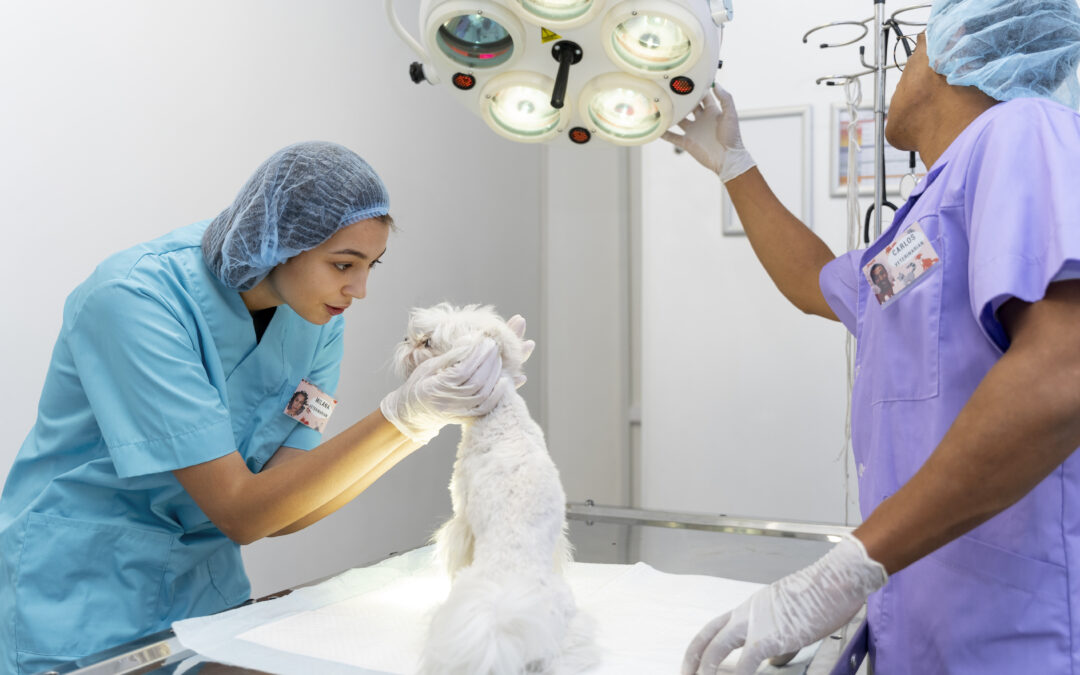When the weather gets hot, we can find ways to cool off. Unfortunately for our dogs, that’s not the case.
Our dogs are wearing winter coats all year round. When we experience consistently high temperatures, it can be very hard for our pups to function in the heat.
Heat stroke is not something that should be taken lightly. Our experts at Veterinary Urgent Care Center (VUCC) compiled some tips and tricks for when the temperature gets excessively warm.
- Notice the warning signs! The first signs of heat stroke include elevated breathing rates, inability to keep up, and dry or sticky gums. This can quickly progress to abnormal gum color or bruising in the gums. Dogs may also appear lethargic or disoriented, and in more serious cases can have seizures, blood clots, kidney failure, and death.
- Keep an eye on your dog’s breathing and barking. A condition common in older labs (laryngeal paralysis) can increase the risk of heat stroke. This is a dysfunction of the larynx that causes issues with breathing deeply and can lead to obstruction of the airway. If you notice your dog’s bark changes or if they are clearing their throat or noisier with their breathing than normal, see your veterinarian and avoid taking your dog on long walks or hikes in hot weather.
- Water is your best first step! If you’re concerned your dog may be overheating, the best thing you can do to help them immediately is to get them wet. Then seek medical attention. If you are at the beach, make sure they get into the water. If they don’t like to be in the water or you have a bottle of water with you, pour the water on their coat to help cool them. This won’t remedy every problem or stop you from seeking out care, but bringing the dog’s body temperature down and finding some shade (if possible) is a good first step.
- Understand that not all dogs are the same, and some deal with the heat better than others. If your dog has a scrunchy face (think Frenchies, Bulldogs, Shit tzu’s, etc.) then they are already at risk. If you have any of these breeds, do not keep them outside for long periods of time. Obesity also increases risk. Ensure these pups are cool and comfortable, preferably in an air-conditioned room. Anything over 20 minutes is probably exerting these breeds too much in high temperatures. Save the outdoor fun for a cooler day.
We all want to have fun outside. But when it’s excessively warm, it’s best to leave the dog at home where they are comfortable and out of the sun!
If you believe your dog is experiencing an episode of heat stroke and needs care, we accept walk-ins daily! We have locations in Quincy, Easton, and Plymouth, and we are open on the weekends. Learn more about us at veturgentcare.com





